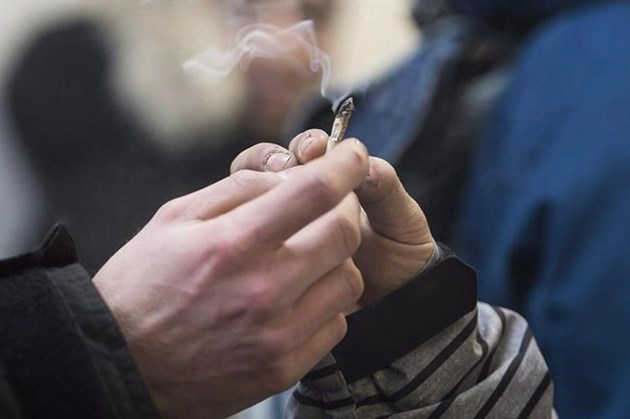With marijuana legalization scheduled to take place sometime this summer in Canada, Sudbury's police chief is again sounding the alarm that the force is still in the dark about training and equipment for officers.
Speaking at Wednesday's police services board meeting, Chief Paul Pedersen said time is running out if police are going to be ready for legalization.
“We still don't have a clear indication of what training will be required, and whether there will be new equipment” police will have to be trained on to detect drugged driving, for example.
Ontario has made several recent announcements on how legal pot will be handled in the province. It will be sold at stores run by the LCBO, through a subsidiary corporation, and you must be 19 to buy it.
It will be available for purchase online, with about 40 standalone stores open as soon as legalization comes into effect. Within a year, 80 stores will be open, rising to 150 in 2020.
It will only be legal to use marijuana in a private residence, and it will be banned in workplaces, motor vehicles and any public place.
Police forces in Ontario will be the ones enforcing the rules around driving and weed. There will be zero tolerance for drivers under 21, novice drivers and commercial drivers.
For everyone else, anyone who fails a standard roadside sobriety test will face three-day license suspensions for a first offence, and up to a month for subsequent offences. Fines range from $250 to $450, plus the $198 license reinstatement fee.
The province's plans also refer to police drug recognition experts determining whether someone is drug impaired. While Sudbury police have had some limited training, Pedersen said Wednesday all officers will need to get up to speed.
With legalization months away, getting everyone trained in time becomes a tougher and tougher task, he said. It's not like the police station can close for a week to accommodate it.
“We're getting critically close to the time when we won't be able to get everyone through training,” Pedersen said.



